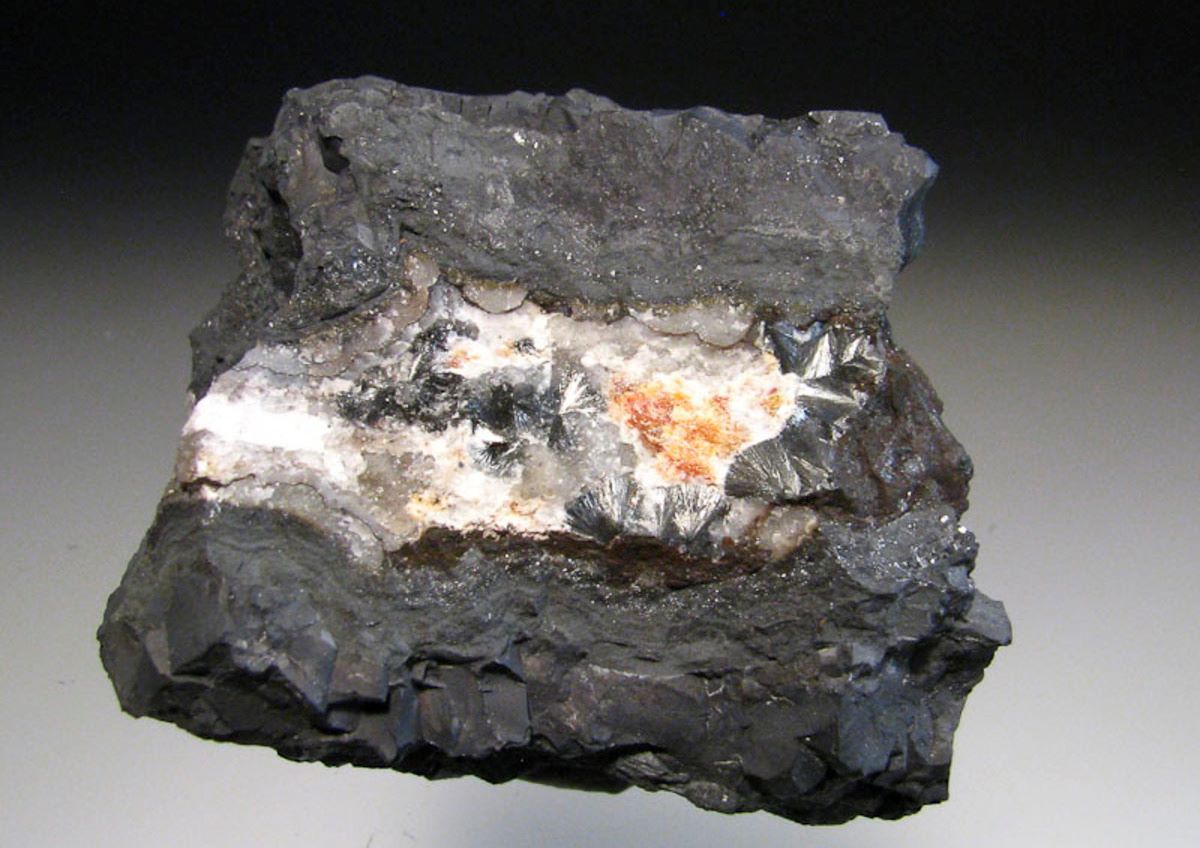
Mereheadite is a rare mineral that fascinates geologists and collectors alike. Found primarily in the Merehead Quarry in Somerset, England, this mineral boasts a unique chemical composition and striking appearance. What makes Mereheadite special? Its vibrant yellow color and crystal structure set it apart from other minerals. Discovered in the late 20th century, it quickly gained attention for its rarity and beauty. Why should you care about Mereheadite? Understanding this mineral can offer insights into geological processes and the Earth's history. Whether you're a budding geologist or just curious about the natural world, Mereheadite provides a glimpse into the complexities of mineralogy.
Key Takeaways:
- Mereheadite is a rare mineral found only in one location, with unique properties that make it valuable to collectors and researchers. Its discovery in 1997 added a new member to the halide mineral group.
- The study of Mereheadite provides insights into rare mineral formation and the behavior of lead in geological environments. Its unique crystal structure and chemical composition make it a fascinating subject for scientific exploration.
What is Mereheadite?
Mereheadite is a rare mineral with a fascinating history and unique properties. Found in specific locations, it has intrigued scientists and collectors alike. Let's dive into some intriguing facts about this mineral.
-
Mereheadite was first discovered in 1997 at the Merehead Quarry in Somerset, England. This is the only known location where it naturally occurs.
-
The mineral is named after its discovery site, Merehead Quarry, which is also known as Torr Works Quarry.
-
Mereheadite belongs to the halide mineral group, which includes minerals that contain a halogen element as the main anion.
-
Its chemical formula is Pb2O(OH)Cl, indicating it contains lead, oxygen, hydrogen, and chlorine.
-
The mineral typically forms as small, colorless to pale yellow crystals, often with a prismatic shape.
Unique Properties of Mereheadite
Mereheadite's unique properties make it a subject of interest for mineralogists and collectors. Here are some of its notable characteristics.
-
It has a Mohs hardness of 3, making it relatively soft compared to other minerals.
-
Mereheadite exhibits a vitreous to adamantine luster, giving it a shiny, glass-like appearance.
-
The mineral has a specific gravity of 7.1, which is quite high due to its lead content.
-
It is transparent to translucent, allowing light to pass through it to varying degrees.
-
Mereheadite is known for its perfect cleavage in one direction, meaning it can easily split along a specific plane.
Formation and Occurrence
Understanding how and where Mereheadite forms can provide insights into its rarity and significance.
-
Mereheadite forms in the oxidation zones of lead deposits, where it can crystallize from lead-rich solutions.
-
The Merehead Quarry, where it was discovered, is a site rich in lead and other minerals, providing the perfect conditions for Mereheadite to form.
-
The mineral is often found in association with other lead minerals, such as mendipite, chloroxiphite, and parkinsonite.
-
Mereheadite is typically found in small quantities, making it a rare and sought-after mineral for collectors.
-
The unique geological conditions at Merehead Quarry have not been replicated elsewhere, contributing to the mineral's rarity.
Uses and Applications
While Mereheadite is primarily of interest to collectors and researchers, it has some potential applications.
-
Due to its lead content, Mereheadite can be studied to understand lead's behavior in different geological environments.
-
The mineral's unique properties make it a subject of interest for mineralogical research and education.
-
Collectors prize Mereheadite for its rarity and unique crystal forms, making it a valuable addition to mineral collections.
-
Mereheadite samples are often displayed in museums and educational institutions to showcase rare and unique minerals.
-
The study of Mereheadite can provide insights into the processes that lead to the formation of rare minerals in specific geological settings.
Interesting Tidbits
Here are some additional interesting facts about Mereheadite that highlight its uniqueness and significance.
-
Mereheadite is one of the few minerals that contain both lead and chlorine, making it chemically unique.
-
The mineral's discovery in 1997 was a significant event in the field of mineralogy, adding a new member to the halide mineral group.
-
Mereheadite's rarity means that even small samples can be highly valuable to collectors and researchers.
-
The mineral's unique crystal structure has been the subject of various scientific studies, contributing to our understanding of mineral formation.
-
Mereheadite's discovery has sparked interest in further exploration of the Merehead Quarry, leading to the identification of other rare minerals.
Final Glimpse at Mereheadite
Mereheadite, a rare mineral, captivates with its unique properties and fascinating history. Found primarily in the Merehead Quarry in Somerset, England, this mineral stands out due to its striking yellow color and complex chemical composition. It's not just a pretty face; mereheadite plays a crucial role in scientific research, particularly in the study of mineral formation and geochemical processes.
Collectors and geologists alike treasure mereheadite for its rarity and beauty. Its discovery has provided valuable insights into the geological history of the regions where it's found. Whether you're a seasoned mineralogist or just curious about the natural world, mereheadite offers a glimpse into the Earth's hidden wonders.
So, next time you come across a piece of mereheadite, remember the rich history and scientific significance it holds. This rare gem truly is a testament to the Earth's incredible diversity.
Frequently Asked Questions
Was this page helpful?
Our commitment to delivering trustworthy and engaging content is at the heart of what we do. Each fact on our site is contributed by real users like you, bringing a wealth of diverse insights and information. To ensure the highest standards of accuracy and reliability, our dedicated editors meticulously review each submission. This process guarantees that the facts we share are not only fascinating but also credible. Trust in our commitment to quality and authenticity as you explore and learn with us.
